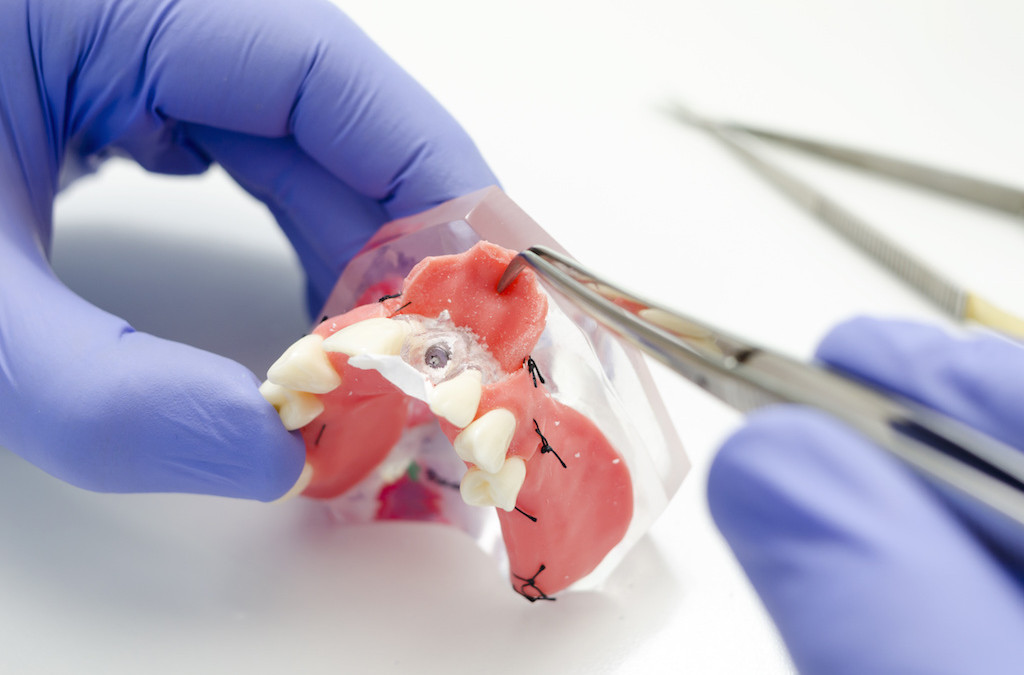


Becoming a Competitive Applicant for Medical School Part VII: Summary Points About Extracurriculars
Look No Further. Get Started Today. Call: 888-839-9997 e-mail: [email protected] 20 Minutes Free Consultation Part VII: Summary Points About Extracurricular Activities In the previous sections, we have discussed the various aspects of a successful medical school application and provided strategies and tips on how you can become a competitive applicant to medical school. We have placed a great deal of emphasis on extracurricular activities and their role in boosting your medical school application. As previously mentioned, a strong GPA and MCAT score are necessary but not sufficient for gaining admissions to medical school. In addition to your numbers, what you do outside of the classroom will help set you apart. In fact, above a certain GPA and MCAT threshold, the rest of your application is going to matter more than your numbers. We have seen students with GPAs in the 3.5 to 3.7 range and MCATs in the low 30s who have good extracurricular experiences gain more acceptances than those with 3.9 – 4.0 GPAs and MCATs in the high 30s who lack sufficient experience. We discussed the importance of clinical experience, research, community service, and leadership experience in making a successful application. Below are some general points to consider as you are planning your extracurricular activities: Fore more efficiency, combine activities: You can bring together different activities like volunteer work, community service and leadership together to accomplish more in the same amount of time. This will also give you the chance to gain in-depth experience. For example, if you are volunteering at a clinic for the homeless where you shadow physicians and assist the nursing staff, you can...
Becoming a Competitive Applicant for Medical School Part VI: Leadership Experience
Look No Further. Get Started Today. Call: 888-839-9997 e-mail: [email protected] 20 Minutes Free Consultation Part VI: Leadership Experience When it comes to leadership experience, premedical student often become preoccupied with positions and titles. This is one of the biggest mistakes you can make. Just having a title such as president, director, or chair in an organization is not enough to demonstrate strong leadership experience. What medical schools look for is your ability to take initiative and bring an idea to fruition. Instead of seeking positions and titles, seek opportunities that give you a real chance to lead, implement, and work with others towards a common goal. Medical school admissions committees are going to carefully scrutinize your application including your list of leadership experience. If your title in an organization is member or volunteer but you have achieved a great deal in that capacity, you are going to impress admissions committees more than if you have a flashy title like president, but have not accomplished much in that capacity. Students who have held many high-ranking titles but have little to show for it do not impress medical schools. Conversely, students who had no title or were just a member/volunteer in an organization, but took initiative, planned a program or activity, and demonstrated commitment are extremely impressive. Call: 888-839-9997 e-mail:...
Becoming a Competitive Applicant for Medical School Part V: Community Service for Premeds
Look No Further. Get Started Today. Call: 888-839-9997 e-mail: [email protected] 20 Minutes Free Consultation Part V: Community Service Community service is a very important part of a medical school application as it demonstrates a commitment to improving the lives of those who are less fortunate or your fellow community members. Community service can be virtually any experience that improves the lives of others. Examples of community service include volunteering at a local homeless shelter, tutoring children from underserved backgrounds, and serving as a coach to children with disabilities. Here are a few important pointers about community service: • Show a long-term commitment to community service: Participating in a soup kitchen three times or serving at your local homeless shelter on Thanksgiving and Christmas does not do much to bolster the community service aspect of your application. On the other hand, working at a local homeless shelter for an entire year and helping implement programs that improves the lives of the homeless population could make a difference in your application. • Traveling abroad to do community service counts: If you spend a summer in another country working as a volunteer for an organization that is trying to improve the lives and livelihoods of indigent populations in the community, this experience will be considered valuable community service and will help strengthen your application to medical school. Students travel abroad with various organizations helping build homes, schools, clinics, etc. • Use your community service to demonstrate leadership: One of the most impressive attributes of a good medical school applicant is their ability to take initiative and be a leader. And one of...
